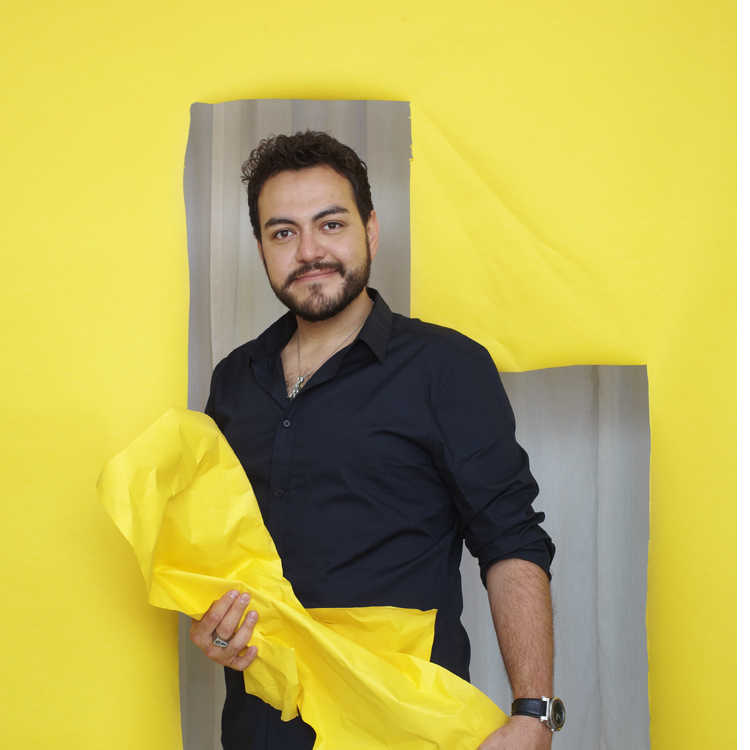I live in the Netherlands since 2019. Before, in Iran, I studied arts and graduated with a master in sociology. Since august 2019 I work as an assistant producer in the Orchestra of the Eighteenth Century. Besides that, I volunteer for different (welfare) organizations like Cordaan, helping people with dementia. I love to be in touch with people, to understand them from their human side. Discovering different cultures to connect, instead of being divided.
Volunteer work can be an effective way to integrate into a new society as a newcomer. When you come into a new social setting, it can be complicated to understand this new culture. I’m really happy to have received guidance from Respect2Love with this. Now I really take part and can contribute to this society’s future. I see newcomers like myself as the new citizens of this society.
Through Respect2Love I also got in touch with activists like Naomie Pieter. We spoke about what they’re doing, what their next steps are and why. I’m happy that the Netherlands is an open society, where activism is welcomed, although activists also encounter struggles in this country.
Coming to the Netherlands was very difficult and hard: the travel itself, getting here, the procedure, leaving behind my motherland, friends and family. After a journey like that, you’re not the same anymore. But I’m so happy I did it. One of the gifts I got from my journey is that I found myself, that I got back my personality and that I found a community of bicultural LGBT+ people. I found myself in the Netherlands through its open culture, freedom and LGBT+ rights. Back home I’m still in the closet for friends and family. Here I can develop myself and build a new life.
After a long procedure with the IND (Immigration and Naturalisation Service) I could live with my friend. After that, I lived with a Dutch family and got the chance to travel through the Netherlands. Some people you encounter don’t care who you are, others see you as an “asielzoeker” (asylum seeker) and others actually care for you as a human being. I’ve had people telling me they respect me for leaving everything behind to come here. But not everyone has the chance to travel and discover this country.
I believe that you need to see yourself in the whole pattern of a society. When you sit in the same group of people of refugees, with the same experiences, problems and the same past, you’re in a box. You don’t see what’s happening around you. Seeing myself in the bigger picture of this society, I see a bright future. When I got hacked and received threats from Iran, a group of Dutch friends helped me, the police even helped me. In Iran the police only comes to hang you.
I always had very different experiences here than the people around me. I don’t want to say that Dutch society is ideal. Of course, every society has their own problems, but from what I experienced in the two years I’ve lived here, it really has been. Here at least you have the right to talk about and fight the problems of your country. Some people tend to forget this. My country just told me that I should die, that I couldn’t live in that society.
If people here don’t like us, they don’t have to. But living in this country, they have to respect us, just as I, despite my religion issues, have to respect religious people. Differences make us unique, the multicultural essence in Dutch society is something beautiful. Sometimes you don’t need to smash everything to get your rights. Sometimes it’s just a matter of mutual respect and inner pride. That’s also what my portrait says: I’m gay and I’m proud of myself. I believe people can see this. We need to show our integration: we are police, mailmen, doctors, we are lesbian, gay and members of the LGBT+ community. Successful LGBT+ refugees can be inspiring to others and make a change. I hope bicultural queers know this, that they’re happy, see the positive in life and never lose hope.

